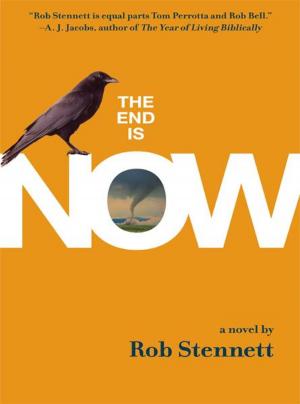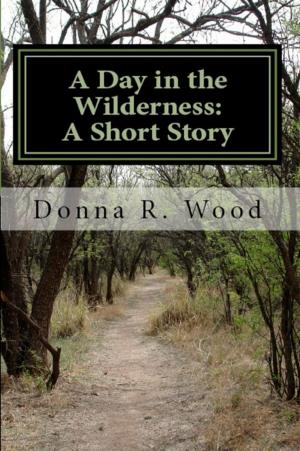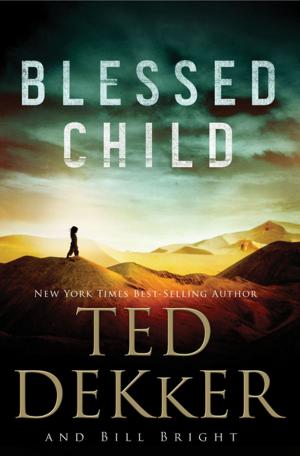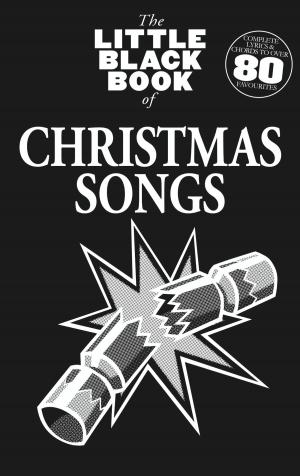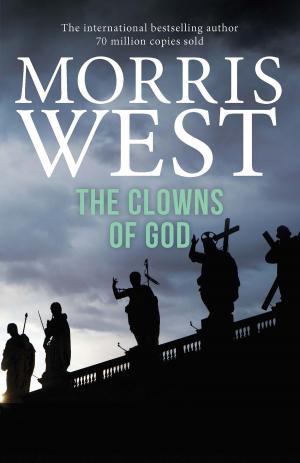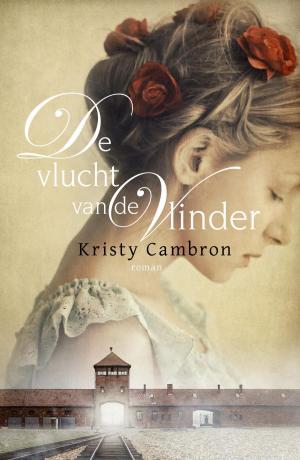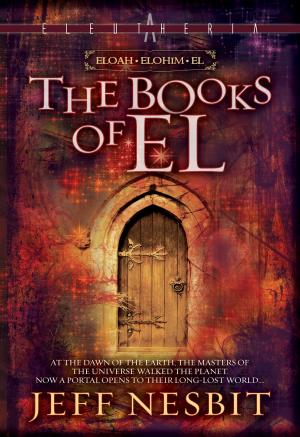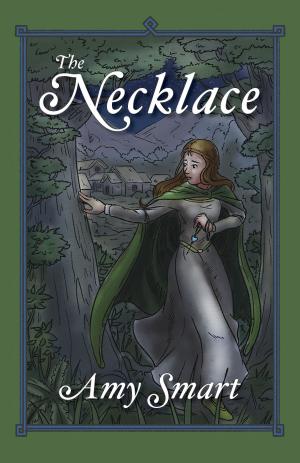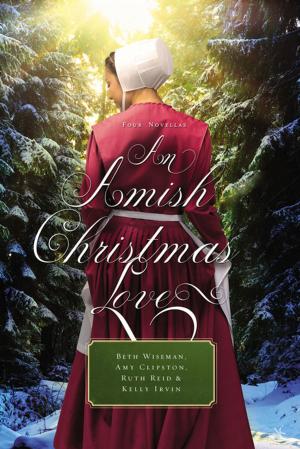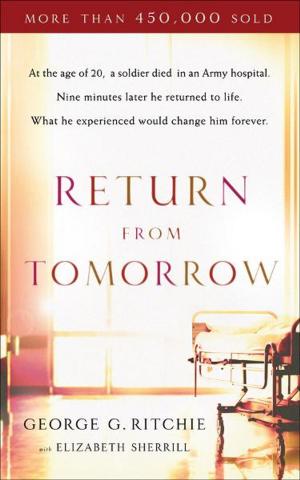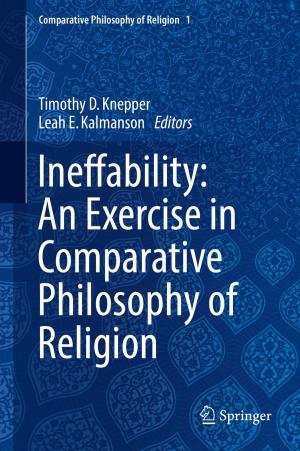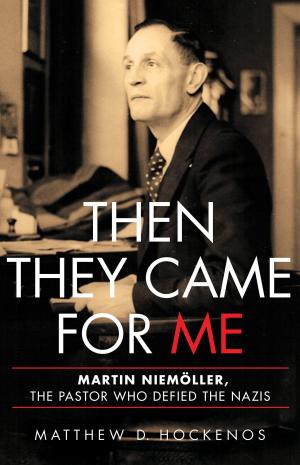| Author: | Jan Needle | ISBN: | 1230000002567 |
| Publisher: | Skinback Books | Publication: | July 16, 2012 |
| Imprint: | Language: | English |
| Author: | Jan Needle |
| ISBN: | 1230000002567 |
| Publisher: | Skinback Books |
| Publication: | July 16, 2012 |
| Imprint: | |
| Language: | English |
My Mate Shofiq is a children’s novel that many people think is too tough for mere children to read. It is about the friendship between two Oldham boys which even they, at first, think is unlikely and unnecessary. Bernard, quite frankly, does not like “Pakis,” which seems fair enough to Shofiq – he has much worse things in his life to deal with. They are thrown together when Shofiq attacks a gang who are harassing his younger sisters, and apparently kills one of them. Bernard, a witness, finds himself in the odd position of having to stand up for Shofiq, simply by telling the truth.
From this rocky start, they are forced by circumstances to become powerful friends and allies. Not only is the gang determined on revenge, but teachers, social workers and the welfare state are dragged in, too. To the boys it is incomprehensible and frightening. Younger children get involved, and Bernard’s sister Wendy is their only anchor. With the backdrop of an unpleasant Pennine winter, they are sucked into a spiral of violence beyond their control.
Although it is an extremely hopeful book, many critics have found its uncompromising frankness about racial hatred and incomprehension too difficult to handle. Although it was runner up for the Guardian Award, Needle was dropped as keynote speaker at a conference on “realism in children’s literature” and the book was banned in many schools. More recently, however, it featured in a Radio 4 programme, and it has been translated into many languages. Many of its strongest defenders have been members of the British Asian community.
“Pulls no punches on race issues” – Manchester Evening News
“I loved this book; I want all children to read it” – Mohammad Saqib
“I would never have a book like this on the Puffin list” – Kaye Webb
“A vigorous and sensitive book” – The Sunday Telegraph
“In its characterisation, its truth in incident and dialogue, this is a distinctive story” – The Northern Echo
My Mate Shofiq is a children’s novel that many people think is too tough for mere children to read. It is about the friendship between two Oldham boys which even they, at first, think is unlikely and unnecessary. Bernard, quite frankly, does not like “Pakis,” which seems fair enough to Shofiq – he has much worse things in his life to deal with. They are thrown together when Shofiq attacks a gang who are harassing his younger sisters, and apparently kills one of them. Bernard, a witness, finds himself in the odd position of having to stand up for Shofiq, simply by telling the truth.
From this rocky start, they are forced by circumstances to become powerful friends and allies. Not only is the gang determined on revenge, but teachers, social workers and the welfare state are dragged in, too. To the boys it is incomprehensible and frightening. Younger children get involved, and Bernard’s sister Wendy is their only anchor. With the backdrop of an unpleasant Pennine winter, they are sucked into a spiral of violence beyond their control.
Although it is an extremely hopeful book, many critics have found its uncompromising frankness about racial hatred and incomprehension too difficult to handle. Although it was runner up for the Guardian Award, Needle was dropped as keynote speaker at a conference on “realism in children’s literature” and the book was banned in many schools. More recently, however, it featured in a Radio 4 programme, and it has been translated into many languages. Many of its strongest defenders have been members of the British Asian community.
“Pulls no punches on race issues” – Manchester Evening News
“I loved this book; I want all children to read it” – Mohammad Saqib
“I would never have a book like this on the Puffin list” – Kaye Webb
“A vigorous and sensitive book” – The Sunday Telegraph
“In its characterisation, its truth in incident and dialogue, this is a distinctive story” – The Northern Echo

